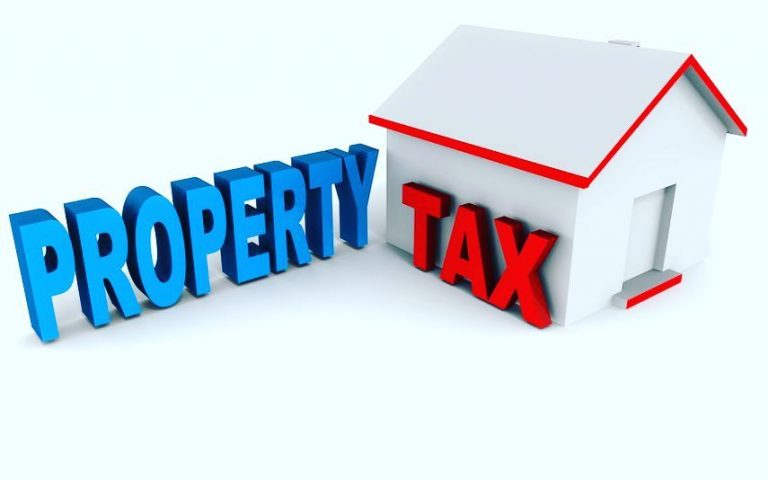Avoiding Fines And Penalties From HMRC
If you submit your self-assessment tax return late, fail to pay any tax you owe on time, or make errors in your submission, you could find yourself liable to a wide range of HMRC penalties.
Here we look at what happens if you are penalised, and provide some easy steps to take to ensure you keep on the right side of the taxman.
Of all the taxes contractors are responsible for paying – Corporation Tax, VAT, PAYE and National Insurance, and Self-Assessment – it is the personal tax return which results in the majority of penalties.
Failure to submit your SA return on time
You will face an immediate penalty of £100 if you miss the 31st January deadline, even if you don’t owe any tax or have paid all your dues. Fines steadily mount up for as long as the return remains outstanding, and any taxes remain unpaid.
“If you leave it more than 3 months to pay then HMRC can start levying additional penalties which start at £10 per day.”
Failure to pay any taxes owed on time
You’ll also be faced with additional fines – starting with 5% of the total tax due if you’re 30 days late.
After 6 and 12 months, additional 5% fines are applied, in addition to the fines imposed previously.
You will also have to pay interest (at a current rate of 3%) on any overdue taxes, so clearly it is in your best interests to make sure you meet the statutory deadline.
Mitigating circumstances
The majority of taxpayers who end up with a SA penalty have only themselves to blame.
However, if you’ve missed a SA deadline for a genuinely good reason – you may be able to get a penalty overturned, but you’ll need a good excuse.
Steps to avoid FINES & PENALTIES
- Make a note of the deadlines in the first place. You must submit your tax return by the 31st January following the tax year in question. This is also the deadline by which any tax liabilities must reach HMRC, i.e. the funds must be in the HMRC bank account by close of play.
- Keep accurate records during the year, and don’t leave things to the last minute. Paperwork to gather includes; your P60, P11D, bank statements, details of child benefits received, money received from extra business activities (e.g. selling items on eBay), and income from investments and property.
- Take great care including all sources of income received during the tax year, as you could face further measures if errors are found within your submission.
- Ask your accountant if you’re unsure what you need to include on the return.
- Don’t forget that you are ultimately responsible for submitting your SATR on time, not your accountant, so keep tabs on the progress of your return if you aren’t submitting it personally.
Further Information please visit the website https://www.gov.uk/self-assessment-tax-returns/penalties




Recent Comments